by Victor Margolin
Reading Aristotle can be a sobering experience for someone who has grown up in America. We are a society of excess, yet until recently our way of life has seemed completely normal. Now we are discovering that obesity is a major social problem as is our wanton use of energy. We also find that more Americans than ever are in debt due to excess spending and that savings are at their lowest since the Great Depression. The dominant discourses in American culture – notably from advertising – but also from self-help literature – encourage us to indulge ourselves. Yet, for Aristotle, indulgence is not the road to happiness. The virtuous person is the one who can find the mean between extremes. It is located between two vices, excess and deficiency. Thus, for example, generosity is a virtue while extravagance is excessive and stinginess is deficient. Aristotle recognizes that it is sometimes as necessary to veer towards the excessive as towards the deficient but neither is to be desired for its own sake. In the United States, we have been moving away from the mean of a moderate middle class towards the two extremes of wealth and poverty. In essence, the rich are getting richer while the poor are getting poorer and the middle class, according to Aristotle’s notion of a sliding mean, is moving towards the poorer end of the spectrum.
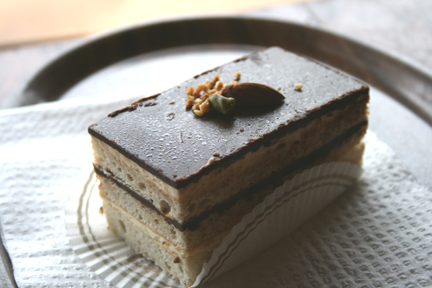
Excess is not only evident in domestic life; it has also become ingrained in American foreign policy. Moving from the isolationism that prevailed before World War I, the United States has now asserted its presence everywhere on the globe, leaving no nation or territory outside its orbit of interest. This omnipresence has become economically excessive, requiring the government to deprive its citizens of basic services in order to fund an obese military that wastes as many resources as it spends usefully. To move towards a mean in all aspects of American life is not to reduce the pleasure that comes with happiness. In fact it is to reduce the discomfort that excess and deficiency bring on. Thus is it better to be of a median weight than fat or anorexic. It is preferable to have money in the bank to meet one’s needs than to have nothing or to spend wastefully. The truth of the matter is that the United States has a huge surplus of fat, carbon dioxide, possessions, influence abroad, and many other things. We have built an economy on excess and our compulsive consumption has produced extreme debt. Our worldwide military presence has become a plague and a drain on our budget. We are unaware of how extreme our national discourse has become on all matters. Revisiting Aristotle is one way to gain new perspective. If we understood better the happiness that moderation and balance can bring to one’s self, nation, and world we might be inclined to live with more restraint.
Victor Margolin is Professor Emeritus of Design History in the Department of Art History of the University of Illinois at Chicago, and a founding editor of DesignIssues.

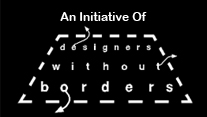



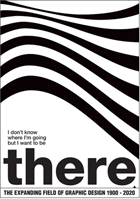
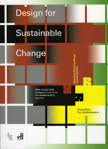
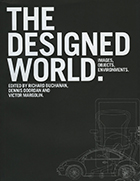



Leave a Reply
You must be logged in to post a comment.